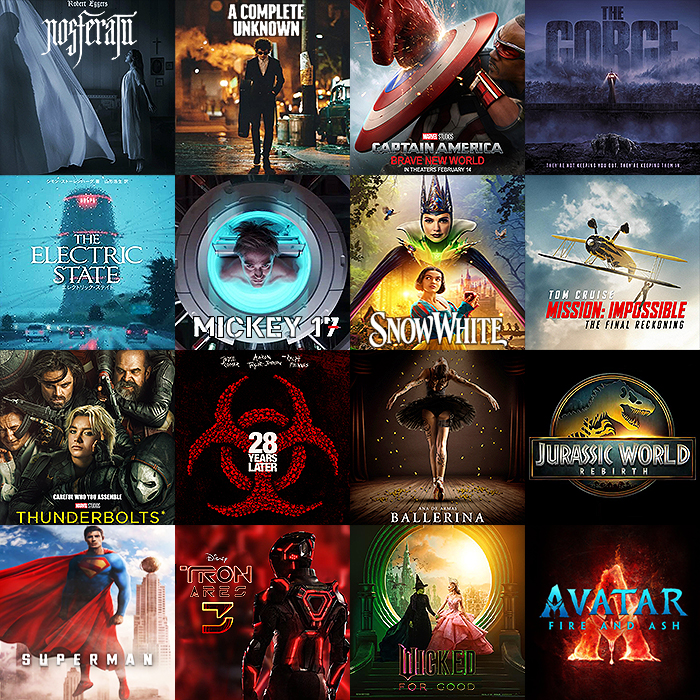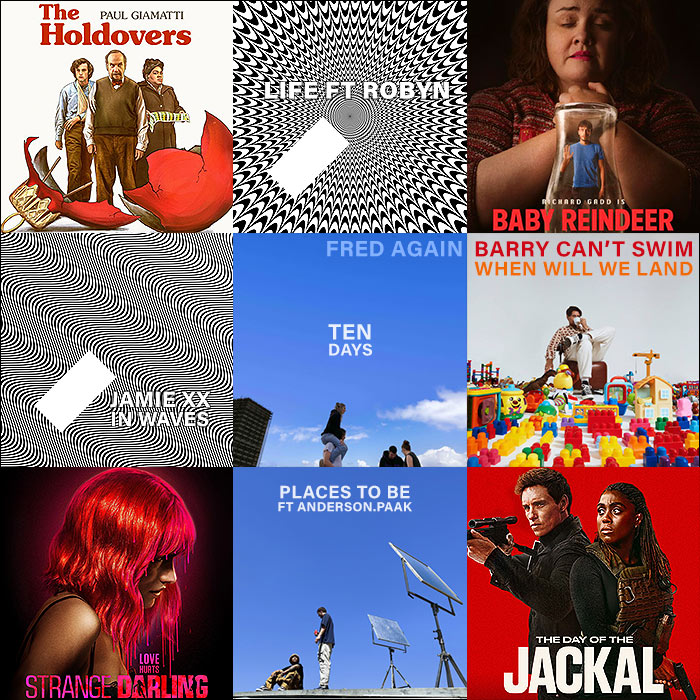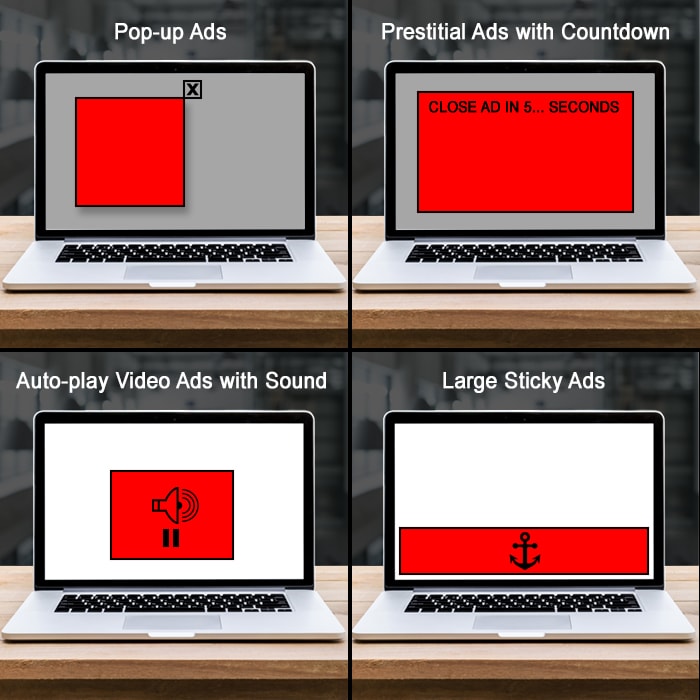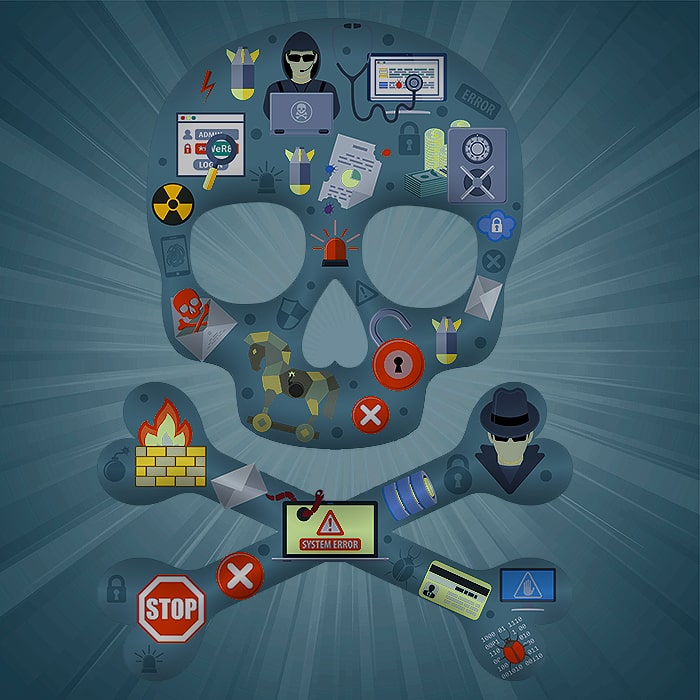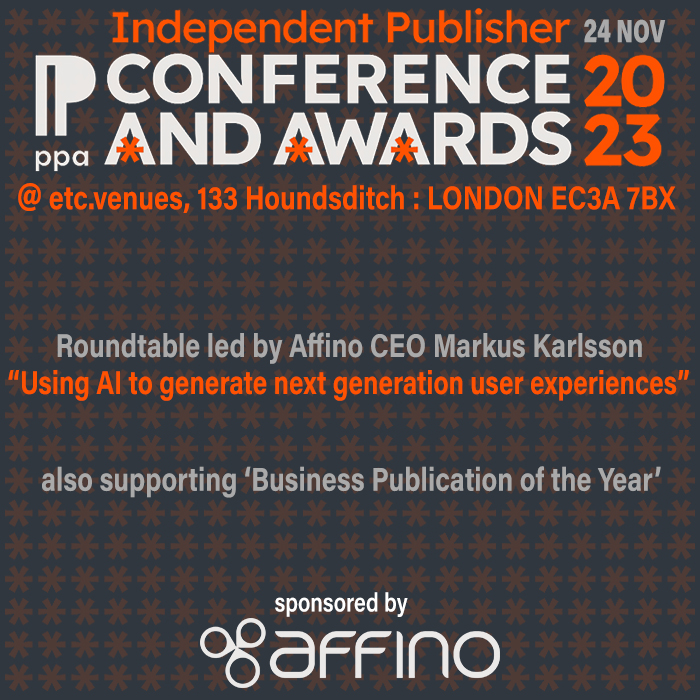IAB LEAN Ad-Blocking Countermeasures are still somewhat of a raw DEAL for end consumers
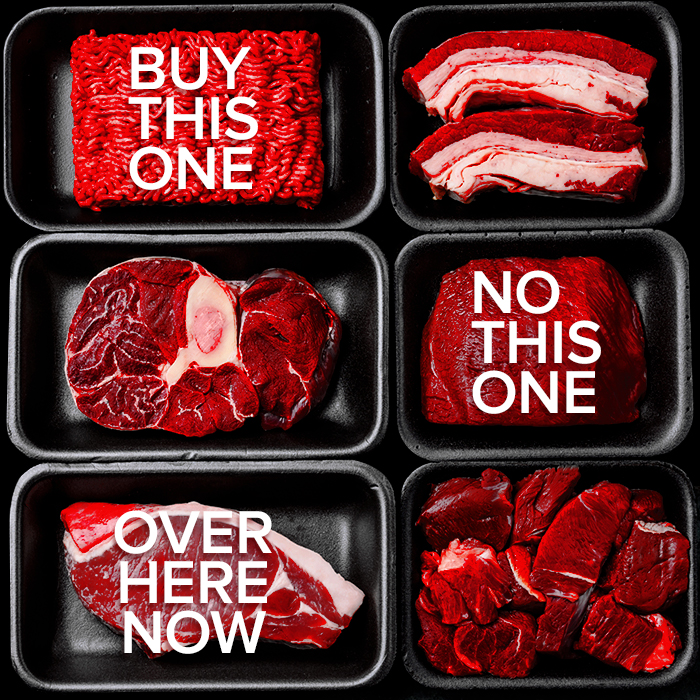
The IAB or Internet Advertising Bureau has come up with a couple of initiatives / strategies for tackling the ever growing impact of Ad Blockers, in the form of the suitably acronymed - LEAN and DEAL.
First LEAN:
L = Light (Lightweight)
E = Encrypted
A = Ad Choice Supported
N = Non-Invasive Ads
Light
For a variety of reason ads slow down page upload speads, IAB’s LEAN standard means to speed up page loads by no longer pre-loading ads when the units aren’t in view and limiting calls from trackers that collect reams of data that isn’t used to deliver more targeted and relevant ads. Another is retiring video autoplay. What this does not touch on though is that it is often the connection and response from ad-servers which slows down the page load, so that if the ad server is stuttering, page loads will be significantly impacted.
Encrypted
This I guess is to stop tracking data being hacked and abused by unscrupulous parties. Yet encryption won’t really tackle the malvertisements epidemic. IAB tends to steer clear from any conversation which involves some ads actually being toxic and dangerous to consumers.
Ad Choice Supported
Not entirely clear on what this is - does it mean different formats of ads supported, or consumer preference in choosing whether or not they want ads?
Non-Invasive Ads
These are those terrible pop-up and page-takeover ads which blanket / cover the content, as well as flashing and blinking eyesore banner ads
The IAB freely admit ’We Messed Up’ yet they’ve done little to censure the most guilty offenders, and nor have they done anything to handle the epidemic levels of dodgy malware ads. Will they for instance be signing up to a consumer guarantee - so that if a consumer gets hacked via one of their members’ ads, then the IAB pays the compensation? There is nothing here at all guaranteeing consumer safety.
The five main reasons consumers use ad blockers are:
- Speeds up page loads
- Reduces bandwidth / data plan costs
- Screens out malware / malvertisements
- Removes distractions
- Stops indiscriminate tracking and sharing of user data
The growth in programmatic advertising has actually removed some checks and balances, which need to put back in place. The IAB has lost the confidence of the end consumer, and needs to do more to deal with their real-life issues than solely the needs of its members. There are already alternatives to old-style banner-ad-supported content - in the guise of Native Advertising and paid-for access. I really don’t mind the Facebook newsfeed ads either, as they slipstream into the experience without distraction or overt diversion. Good advertising should be a positive experience, not a negative one. An even greater issue is that of poor targeting - as I posited in an earlier post in terms of seeing a Pampers pre-roll ad on a Nine Inch Nails Vevo Video - I am pretty sure NIN’s fans aren’t the core target audience. It’s not enough that the IAB has new initiatives for its members, it also needs a Consumer Charter - a proper Code of Conduct with enforcement penalties and a compensation structure. There’s nothing here either about opt-outs from indiscriminate tracking, and there are numerous privacy issues at stake here which no doubt the EU will weigh in on soon.
The other initiative is DEAL:
D = Detect
E = Explain
A = Ask
L = Lift
Detect
Recognise and Identify ad blocking, in order to initiate a conversation with consumer - "We see you are using an ad blocker’
Explain
Spell out that this is an add-supported service, which cannot be maintained without advertising revenues - "This site / service is solely supported by advertising revenues"
Ask
Request change in behaviour to maintain an equitable value exchange with the consumer - "By viewing our ads, you continue to support the ongoing delivery of this service"
Lift
Halt restrictions or limit access in response to consumer choice
As I’ve said previously neither DEAL or LEAN does enough to reassure consumers that they won’t be compromised or negatively impacted in some manner. We at Affino believe that an End Consumer Charter is necessary to regain confidence lost in the industry. We also advocate single-sourcing ads within a controlled environment - where the site or service proprietor is responsible for screening and guaranteeing the safety of the ads they deliver. Single sourcing ad delivery solves a number of the key concerns consumers have, yet their also has to be a written code of conduct - a proper high standard that advertisers are held accountable to.
If my ad blocker identifies 3rd party tracking cookies I will always elect to screen / prevent those elements from activating. I also don’t mind paying for access and services. I really don’t think ad blockers are going away any time soon, as they are as much about privacy and safety as they are about streamlining the user experience. The IAB talks a good game, but it’s rather too little and way too late...

Did you find this content useful?
Thank you for your input
Thank you for your feedback
Upcoming and Former Events
Affino Innovation Briefing 2024
Webinar - Introduction to Affino's Expert AI Solutions - Session #2
Webinar - Introduction to Affino's Expert AI Solutions - Session #1
PPA Independent Publisher Conference and Awards 2023
Meetings:
Google Meet and Zoom
Venue:
Soho House, Soho Works +
Registered Office:
55 Bathurst Mews
London, UK
W2 2SB
© Affino 2024



